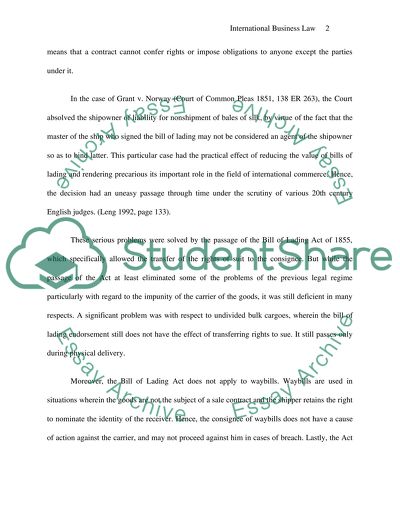Cite this document
(“International Business Law Case Study Example | Topics and Well Written Essays - 2750 words”, n.d.)
Retrieved from https://studentshare.org/law/1518847-international-business-law-case-study
Retrieved from https://studentshare.org/law/1518847-international-business-law-case-study
(International Business Law Case Study Example | Topics and Well Written Essays - 2750 Words)
https://studentshare.org/law/1518847-international-business-law-case-study.
https://studentshare.org/law/1518847-international-business-law-case-study.
“International Business Law Case Study Example | Topics and Well Written Essays - 2750 Words”, n.d. https://studentshare.org/law/1518847-international-business-law-case-study.


